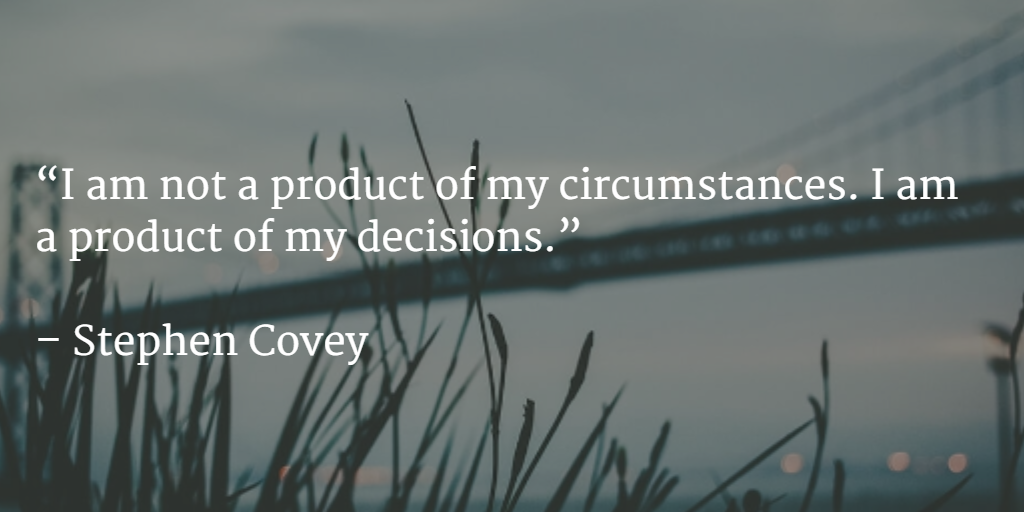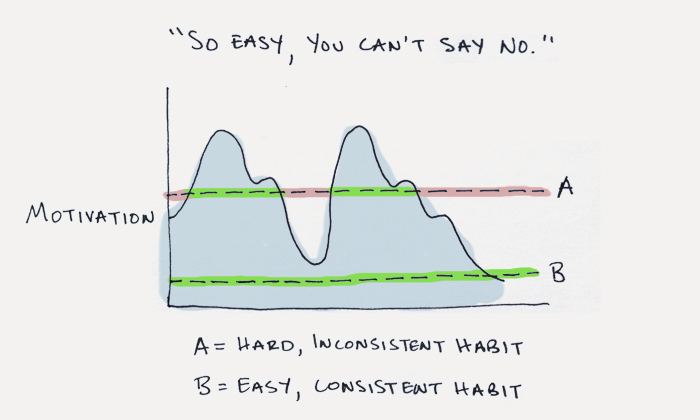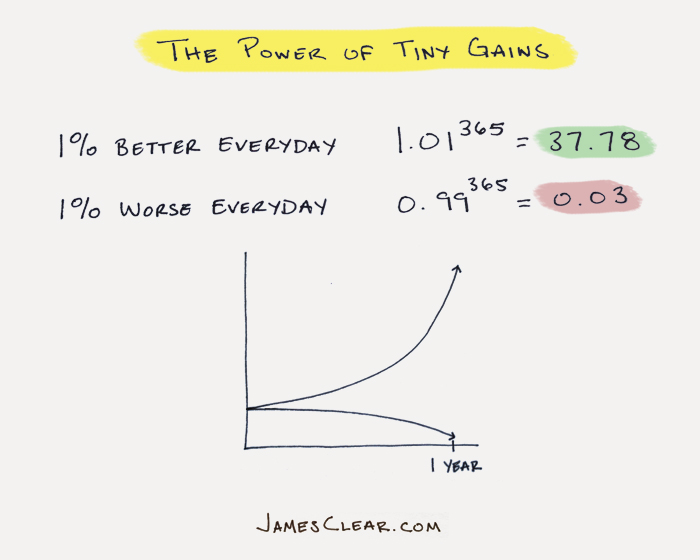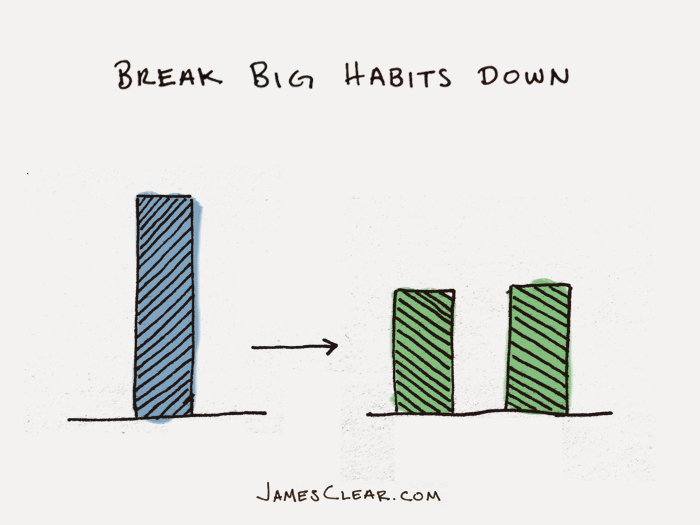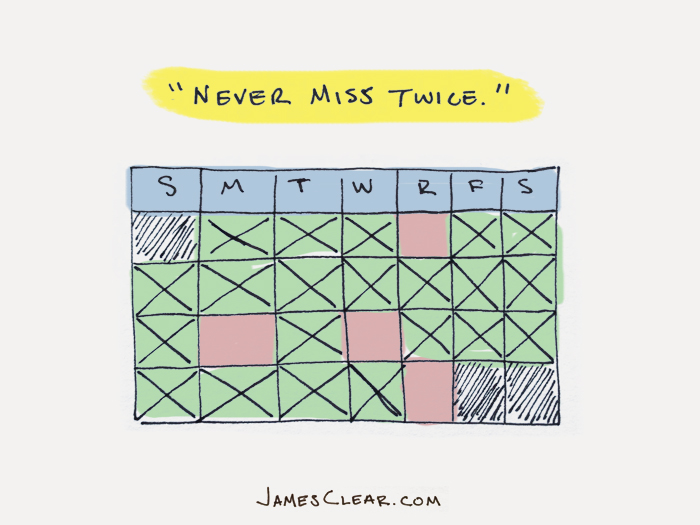The Single Biggest Mistake I made As A Leader (And How I Fixed It) by Chris Myers at Forbes:
I’ve made my fair share of mistakes as a leader, but the worst mistake by far was allowing negativity to take root inside of my organization. Negativity is like a cancer inside of your company; it grows undetected until suddenly it consumes you. More often than not, bad attitudes start out fairly innocently. Sometimes it can be as simple as a disagreement over a particular strategy. Other times, it can start out as a personality conflict between team members. Regardless of its origins, unchecked negativity tends to snowball into something that can be fatal for a team. Looking back, I realize that I noticed early signs of this happening in my team but chose to ignore them because I genuinely wanted to think the best of people. Unfortunately, I learned that my inaction allowed the problem to fester and ultimately cause more damage than it should have. Here’s how I went wrong.
I didn’t heed my own advice
I’m a firm believer that at the core of every successful business is an amazing team. Building that team is often one the most difficult and risky challenges you can face as a leader. That’s why I’ve adopted a simple rule that guides all of our hiring decisions at BodeTree: we look for people we trust, respect and admire. It sounds trite, but I’ve found that if the candidate fits those criteria, everything from cultural fit to skills naturally falls in line. The problem is that I don’t always heed my own advice.
The problem began when I allowed my lack of patience to get the best of me. We were preparing for a surge in activity at BodeTree, and I grew frustrated while trying to fill a key role that we desperately needed. After going through countless resumes and enduring several excruciatingly bad interviews, I jumped at the first candidate who made a good impression. I didn’t take the necessary time to get to know the person and determine if they were someone I truly trusted, respected, and admired. Instead, I took the shortsighted easy way out and set the stage for future problems to arise.
I ignored the contagion
Several months later, my executive team and I started to notice a change in the attitude of some of our team members. We were going through a significant organizational shift at the time, directing our focus towards institutional sales and away from the direct-to-consumer model that we had built up over the course of the past few years. Unfortunately, not everyone was on board with this shift, and I did not do a good enough job of selling every member of the organization on the vision. The key team member I had hired a few months earlier took particular exception to the shift in strategy. I took the traditional steps to offer coaching to shine a light on the issues we were experiencing, but I failed to grasp how contagious an attitude could be.
Instead of recognizing the severity of the situation, I treated it as an isolated incident and moved on. I wanted everyone on my team to be successful and went to great lengths to make excuses for their shortcomings. It was only later on that I realized I wasn’t doing them any favors. Psychological momentum is a powerful force, for better or worse. By not calling out bad behavior, I allowed it to gain momentum and influence others. Before I knew it, great employees who I thought very highly of were being drawn into the same downward spiral. Negativity had taken root in that particular team, and I knew then that if I didn’t take decisive action, one bad apple would spoil the bunch.
Finally, I eliminated the problem at its source
Once I fully realized the severity of the situation and the role I played in allowing it to happen, I took decisive action. I had to eliminate the source of the problem and stop the rise of negativity in the rest of the team. It required a delicate balance of providing transparency into what was happening while still being respectful of individual privacy. I didn’t want to demonize any particular individual, but at the same time I needed the team to understand what behaviors were considered unacceptable. My management team and I moved quickly, providing additional clarity into the situation and recognizing our shortcomings. When all was said and done, the rest of the team was fully on board with the direction we were taking, and the negativity disappeared.
This was a difficult time for me as a leader because I saw all too clearly how my personal failings allowed the situation to progress out of hand. Still, the lessons I took away from the experience have proved to be invaluable. Negativity simply cannot be tolerated in any organization. This does not mean that dissenting voices should be ignored. To the contrary, disagreements should be heard and thoughtfully considered. However once a decision has been made; the entire organization needs to rally around it. If any team member continues to spread negativity and dissent, their attitude will act like a cancer inside of your organization. As a leader, you have to make sure that you avoid this situation by hiring people you trust, respect, and admire. Then, if you see the early signs of contagious negativity, you have to eliminate it at the source. The process might be painful, but your organization will be healthier for it


